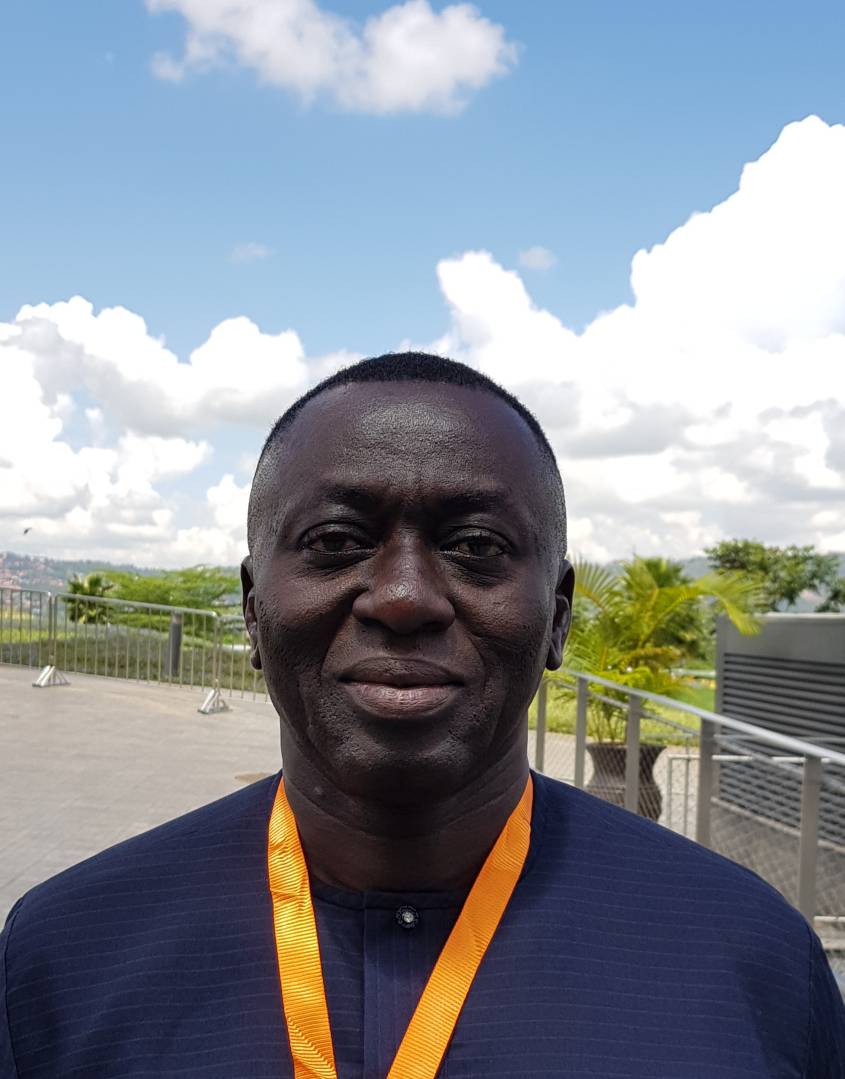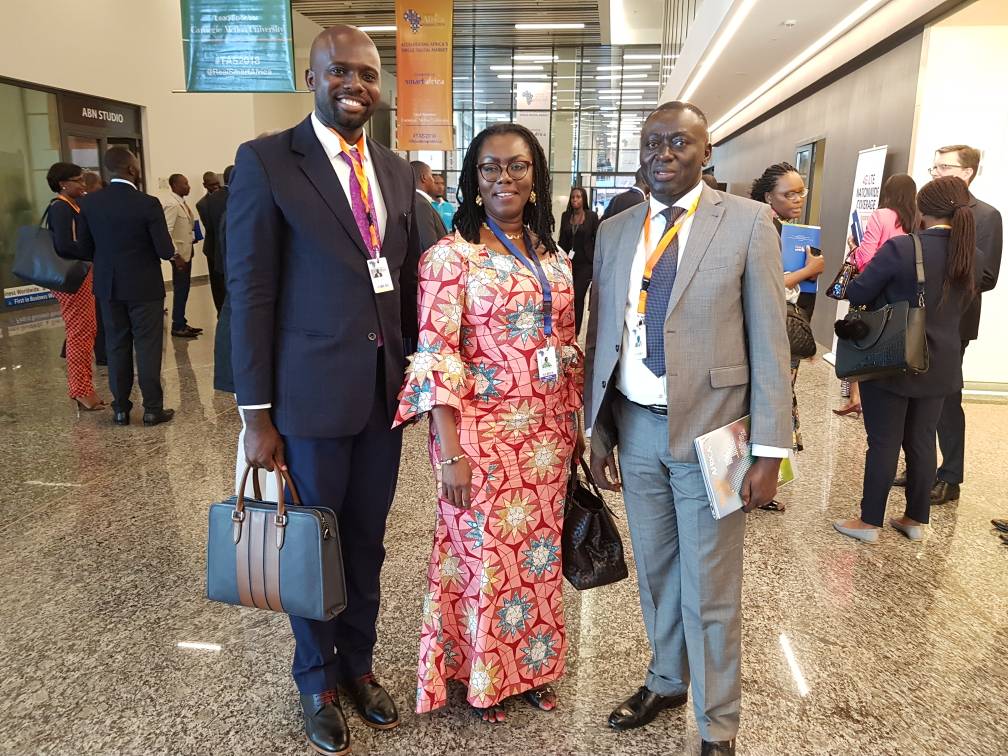
Ghana news–Government is to invest an amount of $200 Million into the provision of technological infrastructure to enhance communication and internet reliability towards boosting Ghana’s chances on the international market.
Another $100 Million was spent last year on the building of infrastructure that has resulted in the provision of communication networks in most Ghanaian communities.
Hon. Abraham Kofi Asante, CEO of the Ghana Investment Fund for Electronic Communication (GIFEC), says the move is aimed at implementing right policies and regulatory environment as part of the Smart City Project. He was speaking in an interview with Richmond Antwi Boasiako on the Transform Africa Summit held in Kigali, Rwanda.
Over 4000 delegates from 75 countries converged in Kigali at this year’s Transform Africa Summit, the largest gathering of stakeholders within the Information and Communication Technology (ICT) space on the continent.
The fourth Transform Africa Summit which was under the theme ‘Accelerating Africa’s Single Digital Market’, enabled participants to discuss the potential cross border initiatives for investment and partnership opportunities in African Countries. It also held discussions on key technologies, including the Internet of Things (IoT), Big Data, Artificial Intelligence, Virtual and Augmented reality, drones, robotics, 3D printing, Block-Chain, Green Energy, FinTech and other cutting-edge topics.
The events included the Smart Africa Women’s Summit and the Ms Geek Africa Competition, among others. Ghana was represented by the Minister of Communication, Hon. Ursula Owusu Ekuful, and her entourage.
Hon. Kofi Asante expressed government’s commitment towards ensuring national development through ICT. “Government has provided enough funding to the Ministry of Communication to implement strategies for Partnership, Entrepreneurship, Job Creation, and knowledge sharing towards developing human capital base through technology”, he added.
According to the him, 50 cities and towns will benefit from the Smart City Project through the implementation of the “Coding for Kids” initiative, under which the capacities of 100 teachers would be built with sponsorship from government for them to in turn replicate ICT knowledge in school children to enable them develop computer software programs and pursue technology education to higher levels.
The GIFEC CEO believes that since Ghana now adds up to the Smart Africa Countries, technology education should be the basis of our national socio-economic development agenda to help improve accountability, efficiency and openness and promote sustainable growth. He hinted on the formulation and implementation on a technology based agricultural policy that would help provide farmer education on the use of technology to enhance agriculture, crop sales and prevent post- harvest losses.

What do you think about this piece? Share your comment in the comment thread and share the story using the social media buttons above. Thank you.





